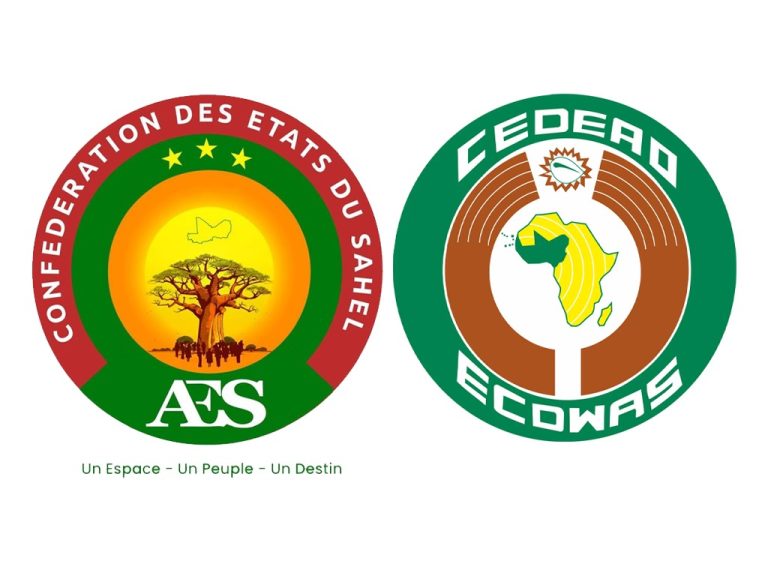A Definitive break between the AES and ECOWAS

The divide between the Alliance of Sahel States (AES) and the Economic Community of West African States (ECOWAS) now appears irreparable. On one side, the AES—led by figures such as Ibrahim Traoré, Assimi Goïta, and Abdourahamane Tiani—champions uncompromising sovereignty and security for its member nations.
On the other, ECOWAS is often criticized as a proxy for foreign interests, particularly those of France, the former colonial power. This ideological rift highlights two fundamentally different visions for governance and development in West Africa.
A pivotal meeting to cement a new direction
During a strategic meeting held on Sunday, January 26, in Ouagadougou, the AES took a decisive step by finalizing the framework for its withdrawal from ECOWAS. This summit marks a critical milestone for the alliance as it solidifies its position as a unified and autonomous bloc committed to shaping a shared future for its member states.
Discussions focused on creating a new regional cooperation structure tailored to the realities of the Sahel, prioritizing the fight against terrorism and the promotion of sovereign economic policies.
A break with the past
This separation from ECOWAS symbolizes a broader push for independence from legacy systems perceived as inadequate for addressing the challenges facing the Sahel.
While the AES is focused on achieving full sovereignty and fostering genuine solidarity, ECOWAS faces criticism for its perceived alignment with external agendas and its inability to address pressing issues.
The AES’s strategic disengagement sends a strong message of emancipation, underscoring its intent to build institutions that are responsive to the needs of the Sahelian people and the region’s specific challenges.
Titi KEITA











